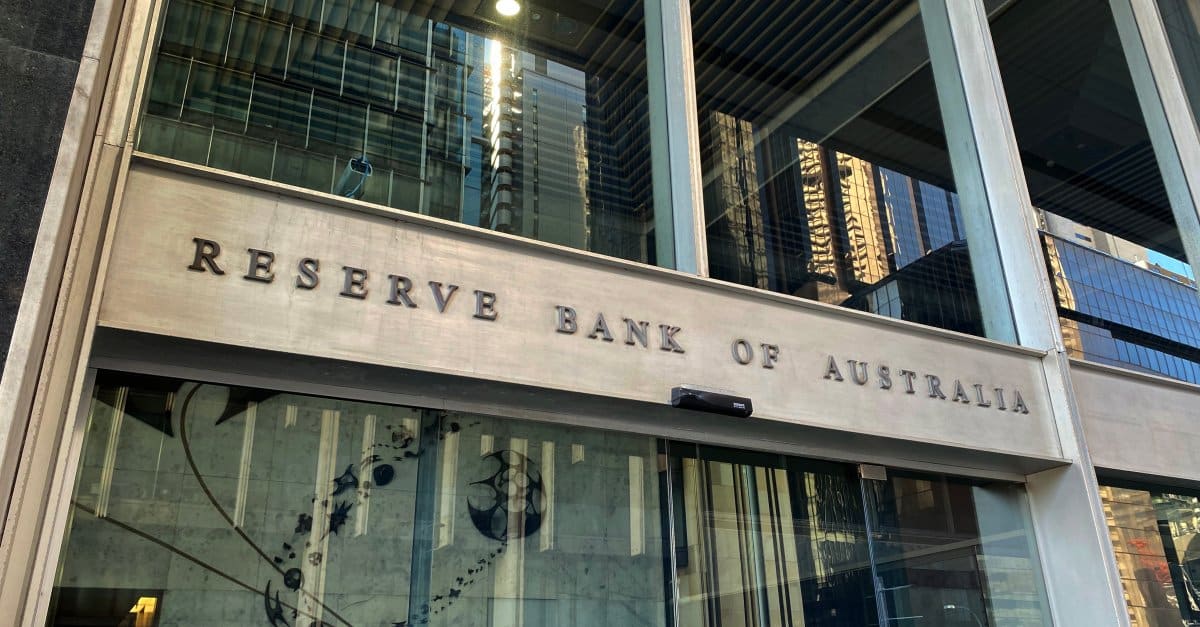The Reserve Bank of Australia (RBA) has announced its first cash rate cut in five years, prompting discussions about how it will impact mortgage holders and renters. While lower interest rates could ease financial burdens for some, the extent of these benefits will depend on how banks and landlords respond.
For mortgage holders, the decision could mean lower repayments, with Australia’s major banks anticipating further cuts. Renters, however, may find it more challenging to secure relief. Understanding how to navigate these changes could help individuals make informed financial decisions.
What the RBA rate cut means for mortgage holders
The RBA’s decision to reduce the cash rate is expected to influence interest rates offered by banks, leading to potential savings for borrowers. According to Sally Tindall, data insights director at Canstar, homeowners with variable-rate mortgages should use this opportunity to negotiate better terms with their lenders.
“A cash rate cut is a fantastic time to look at your mortgage rate and ask your bank whether they’re dropping that variable rate,” she told SBS News.
While banks are not obligated to pass on rate cuts, they typically do so, particularly in the initial stages of a rate reduction cycle. According to Graham Cooke, head of consumer research at Finder, borrowers who maintain their pre-cut repayment amounts could significantly reduce their overall mortgage term.
“Each time you do that after the rate drops, it will shave about a year off your mortgage, over 30 years,” he explained.
Fixed-rate mortgage holders, however, may see little immediate benefit. Breaking a fixed-rate contract could incur fees, though banks may be open to renegotiating terms under certain circumstances. Tindall advised borrowers to discuss their options with their lenders before making any decisions.
Challenges and opportunities for renters
While mortgage holders may have avenues to capitalise on lower interest rates, renters face a different set of challenges. According to Graham Cooke, landlords are unlikely to reduce rents purely due to lower interest rates. “Interest rates going down is not an argument landlords or agents will typically accept for a rent reduction,” he said.
Instead, renters looking for financial relief should focus on market conditions. By monitoring rental listings and identifying comparable properties with lower prices, tenants may have a stronger case for negotiation.
Leo Patterson Ross, CEO of the Tenants Union of NSW, noted that falling rental prices typically become evident when a property is newly listed. “Unless the renter becomes aware, they may be able to find a better deal elsewhere and either leave or attempt to negotiate the rent,” he stated.
Moreover, not all landlords are directly affected by interest rate cuts. According to Patterson Ross, approximately one in four landlords in Australia have no mortgage, meaning rate reductions may not impact their rental decisions. As a result, renters should base their negotiations on local market trends rather than changes in lending rates.









